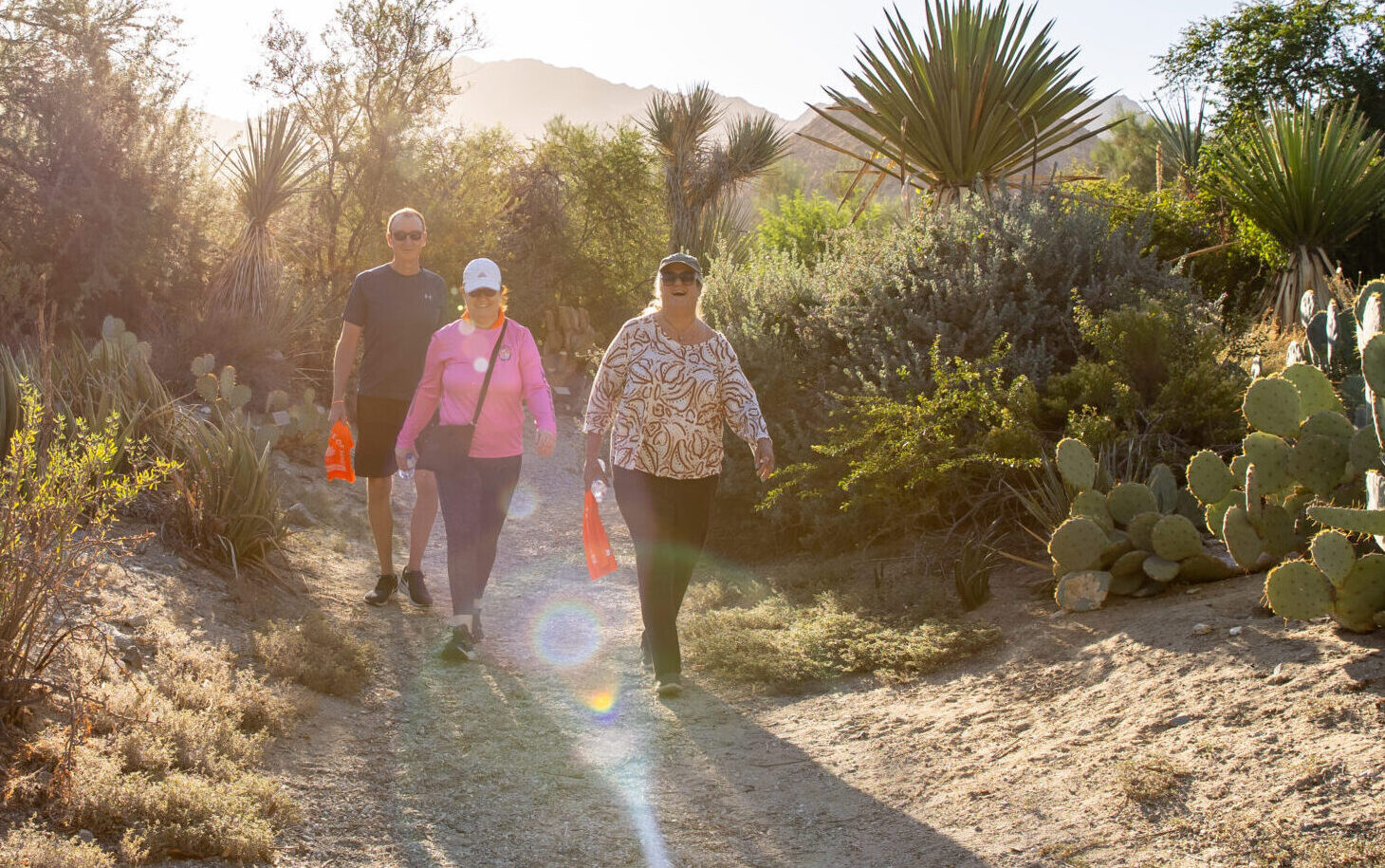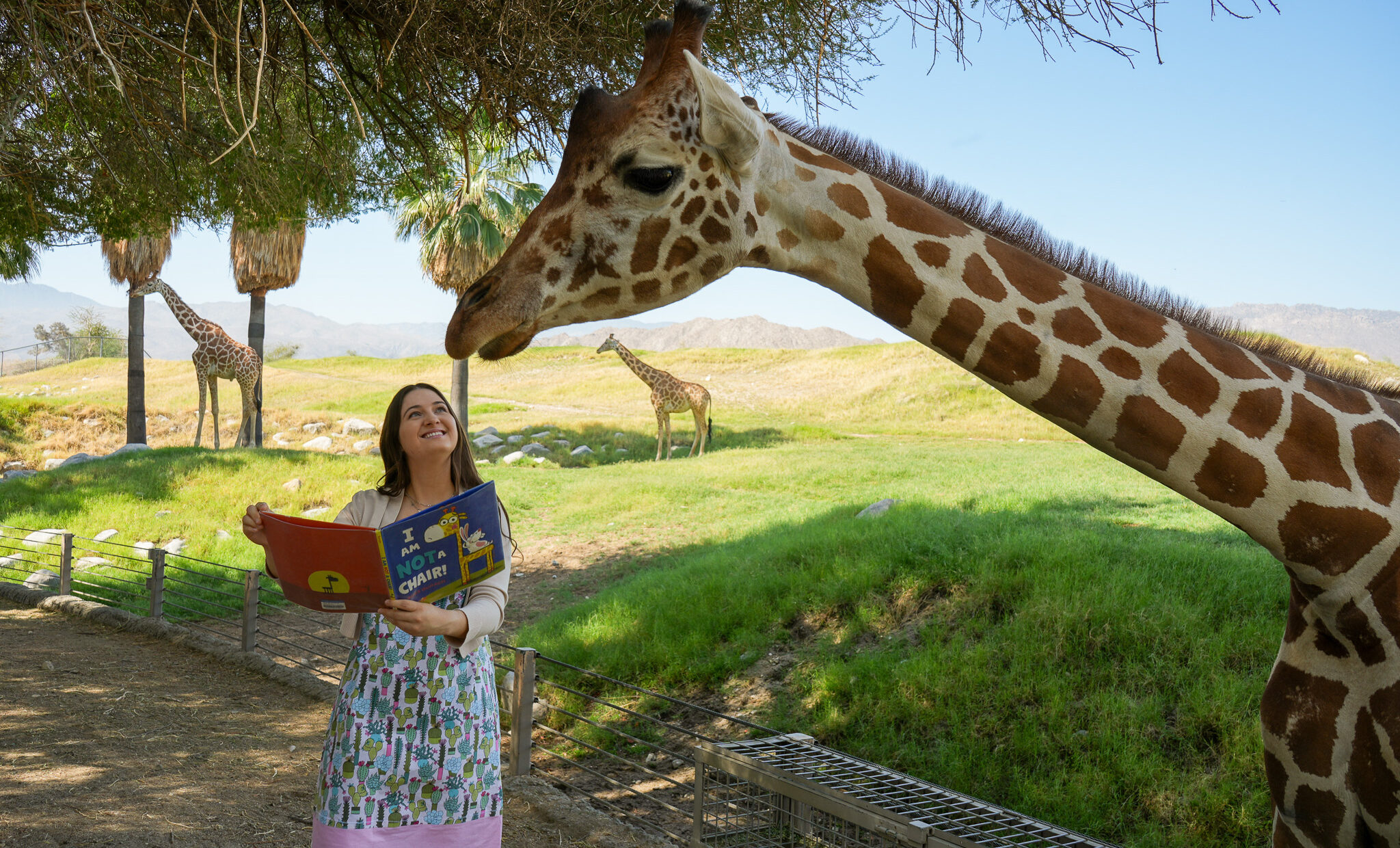From the Coachella Valley to Zimbabwe, Our Work and Care Go Global 🦏🌍
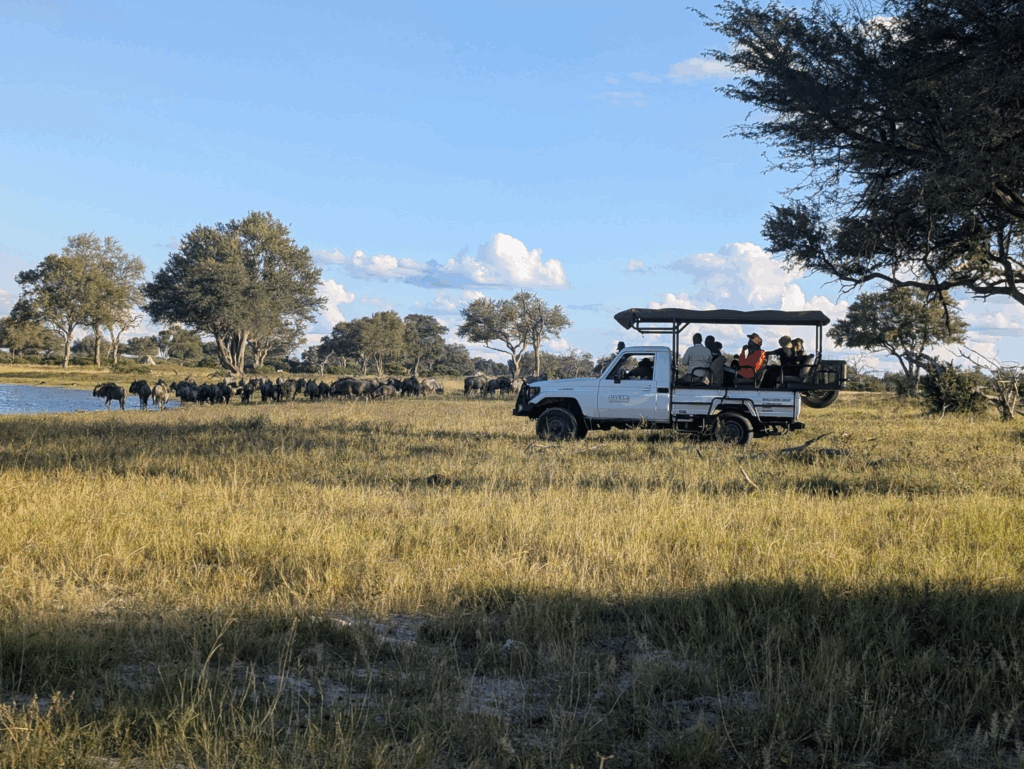
From April 14-21, Dr. James Danoff-Burg, Vice President of Conservation, and Katie Shaw, Conservation Social Scientist at The Living Desert Zoo and Gardens worked in partnership with Imvelo Safari Lodges…
Greetings From the Rhino Barn
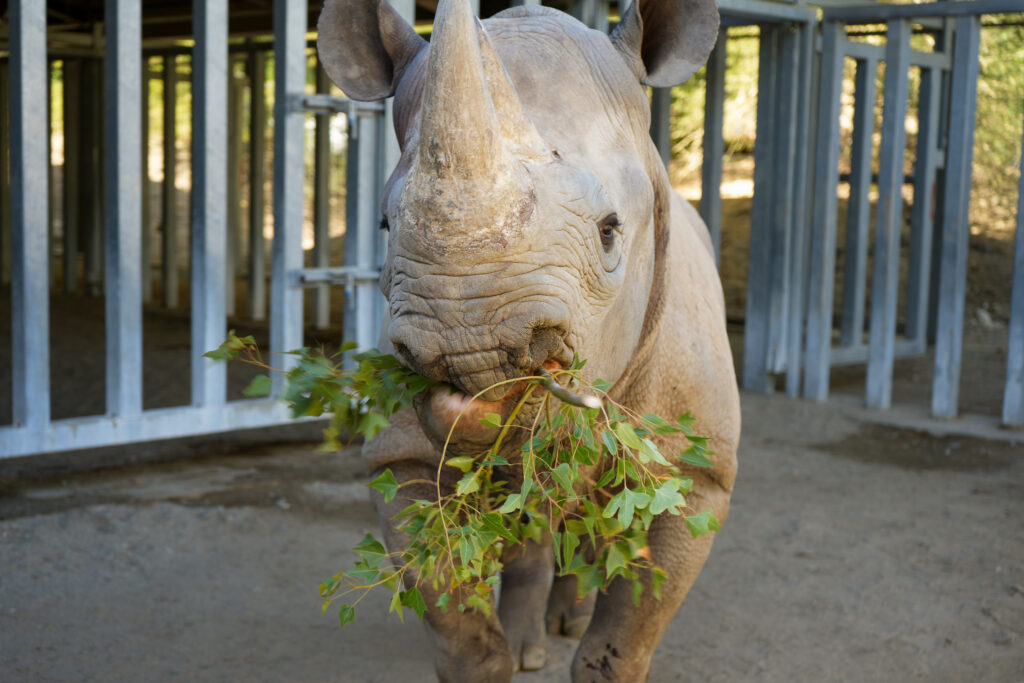
We’re happy to share that Nia is doing exceptionally well after her procedure this past Thursday. She is enthusiastically engaging with her care team, eagerly munching on her favorite browse,…
Veterinary Care Update: Nia
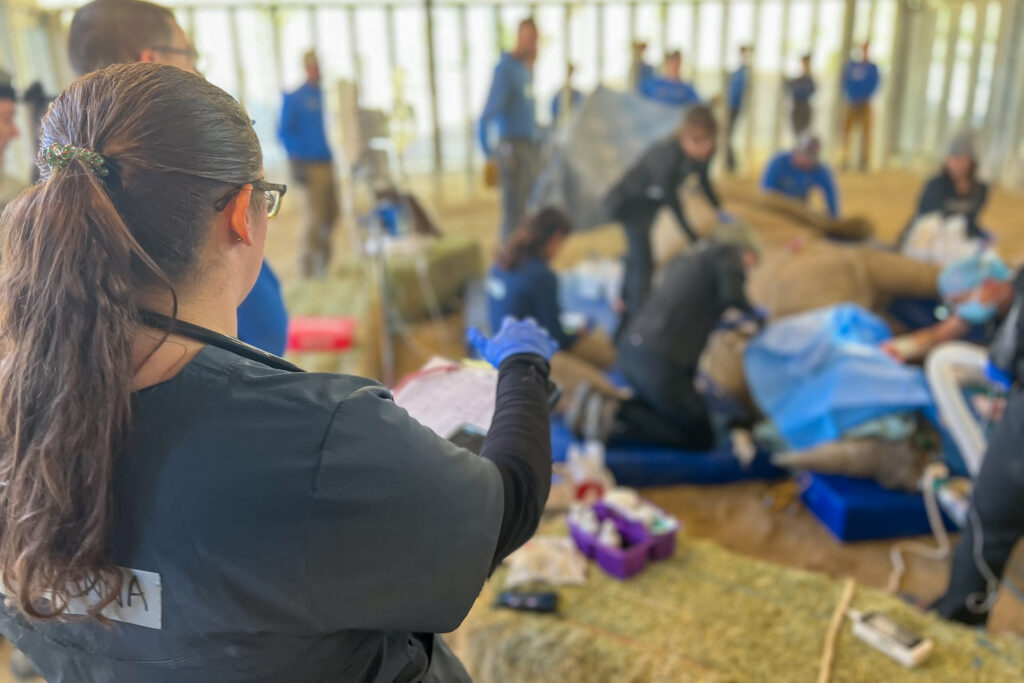
Can a rhino go to the doctor? Not exactly — but when you’re as special as Nia, the doctors come to you! As you may know, Nia, the black rhino,…
Building Capacity with our Kenyan Partners
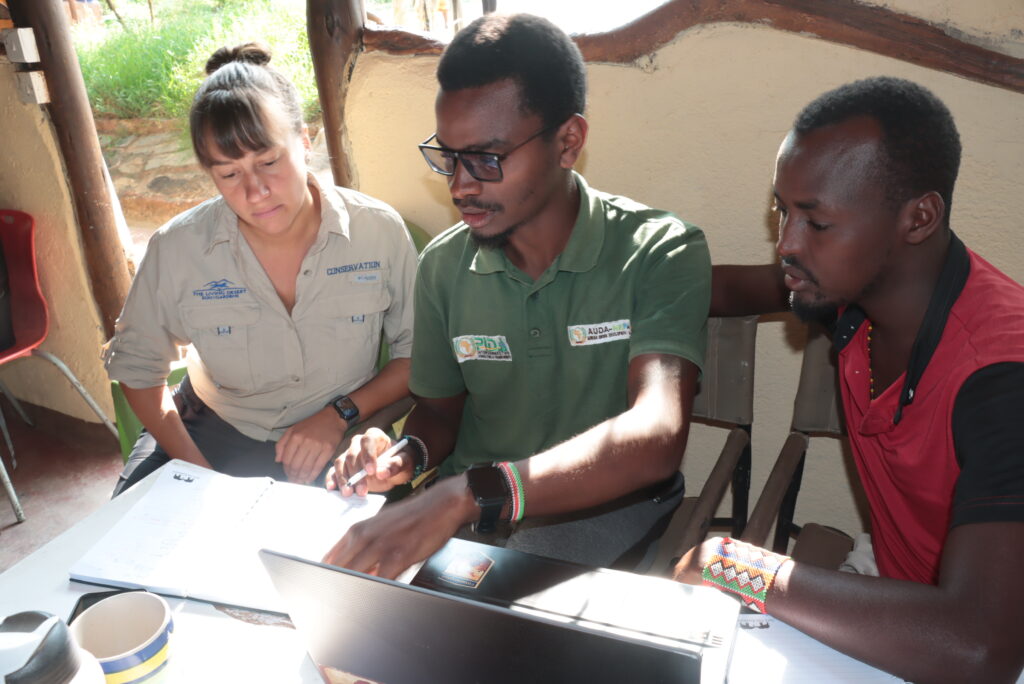
By: Katie Shaw, Conservation Social Scientist Samburu, Kenya is a beautiful place, home to several species that are unique to the region. But like many other places, it is experiencing…
Celebrating World African Painted Dog Day
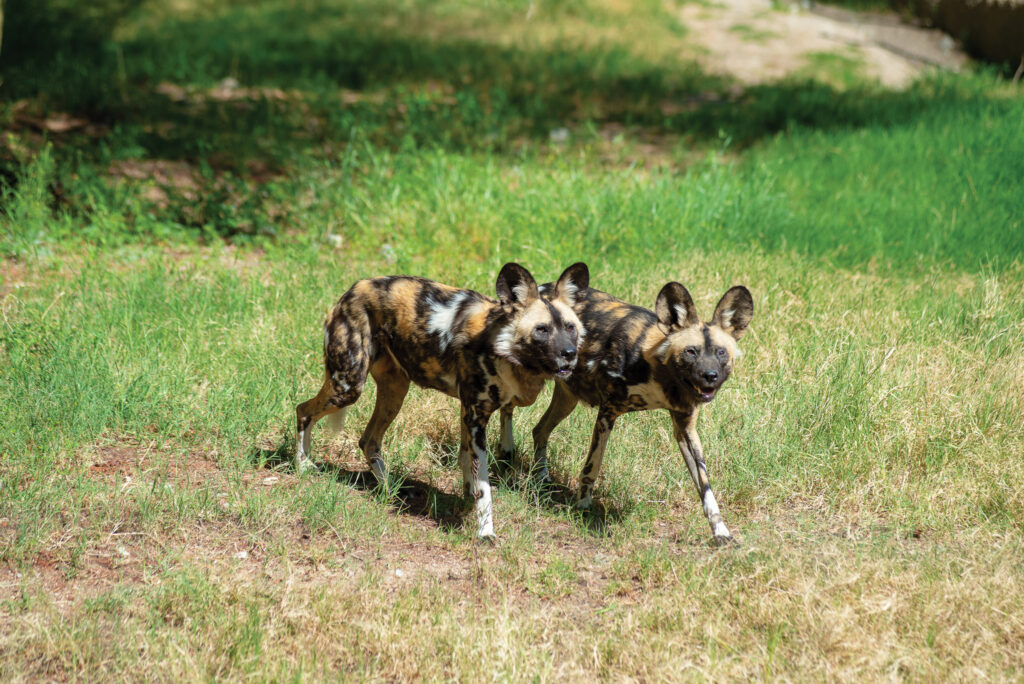
By: Mary Thomas, Coordinator of Conservation Biology Collaboration between partners is essential to making a conservation effort successful, especially when working with highly endangered species, like The Living Desert Zoo…
Happy Birthday, Nia!
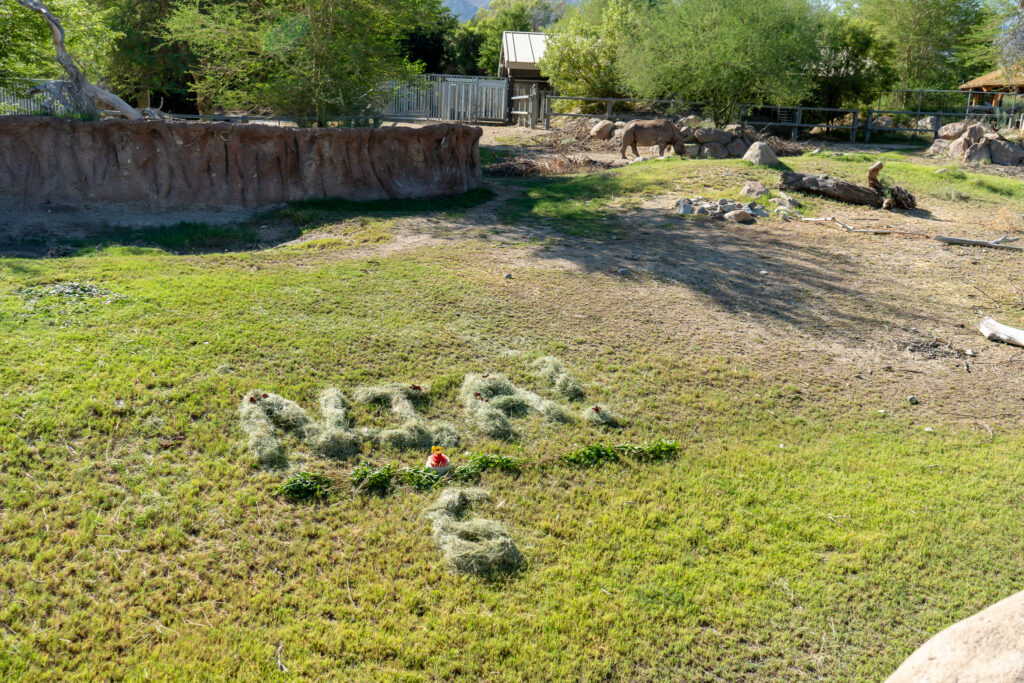
On August 20, The Living Desert Zoo and Gardens celebrated Nia’s 6th birthday! She received a refreshing watermelon cake — perfect for a summer celebration — as well as some…
Two New Chicks
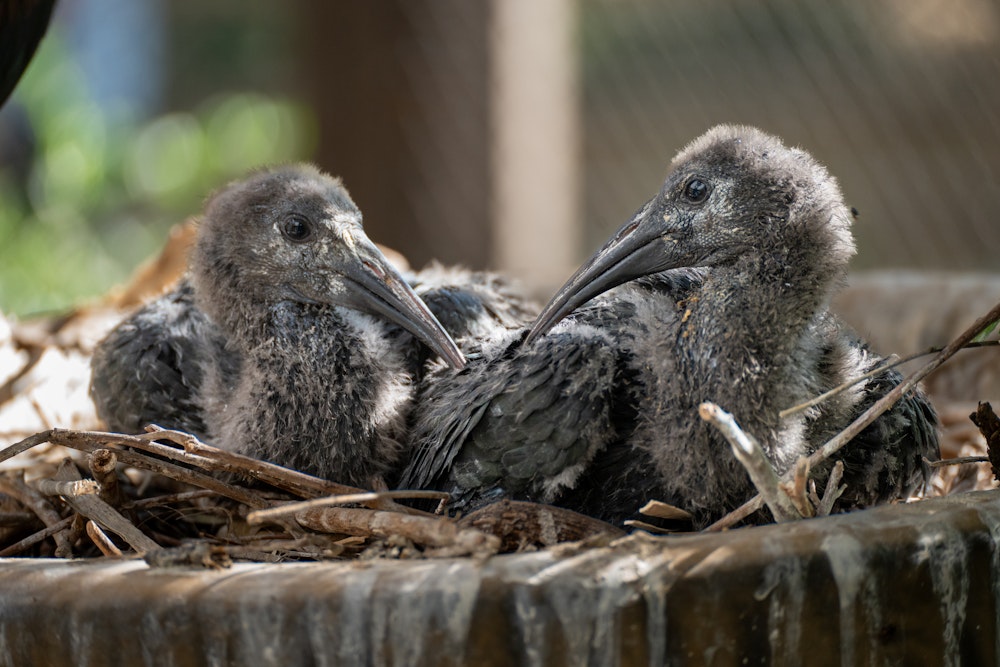
The Living Desert Zoo and Gardens is currently celebrating two new additions to one of the world’s most endangered bird species! Born to Bastet (mom) and Ra (dad), two waldrapp…
Spur-winged Lapwing Chicks
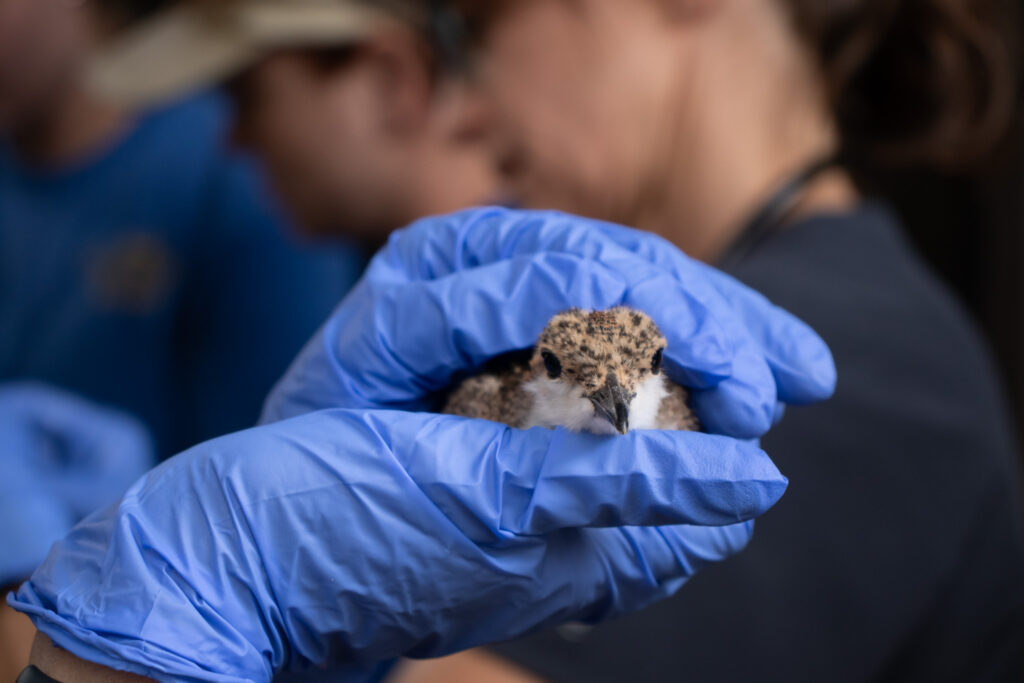
The Living Desert is delighted to introduce the newest members of the African aviary —four adorable spur-winged lapwing chicks! Hatched during the week of April 29 to first-time parents, Peeper…
A Bold New Experiment in Social Science Training
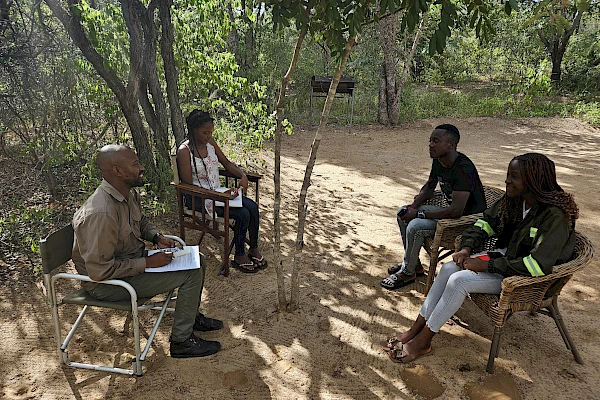
Ensuring that Indigenous People and local communities (IPLC) not only participate in conservation but also lead or co-lead these efforts is crucial for ensuring that these projects are desired by local communities and thus more likely to be sustainable. One of the most effective approaches to achieving this is by enabling outside conservationists to engage with, learn from, and understand the needs and desires of these communities through basic training in social science.
Here at The Living Desert, we have been pioneering the training of individuals in conservation social science since 2018, initially prompted by a Fulbright Specialist Program I undertook in India. Over the past six years, we have conducted 27 classes, training over 500 individuals from 34 countries, establishing ourselves as one of the leading providers of conservation social science training globally.
